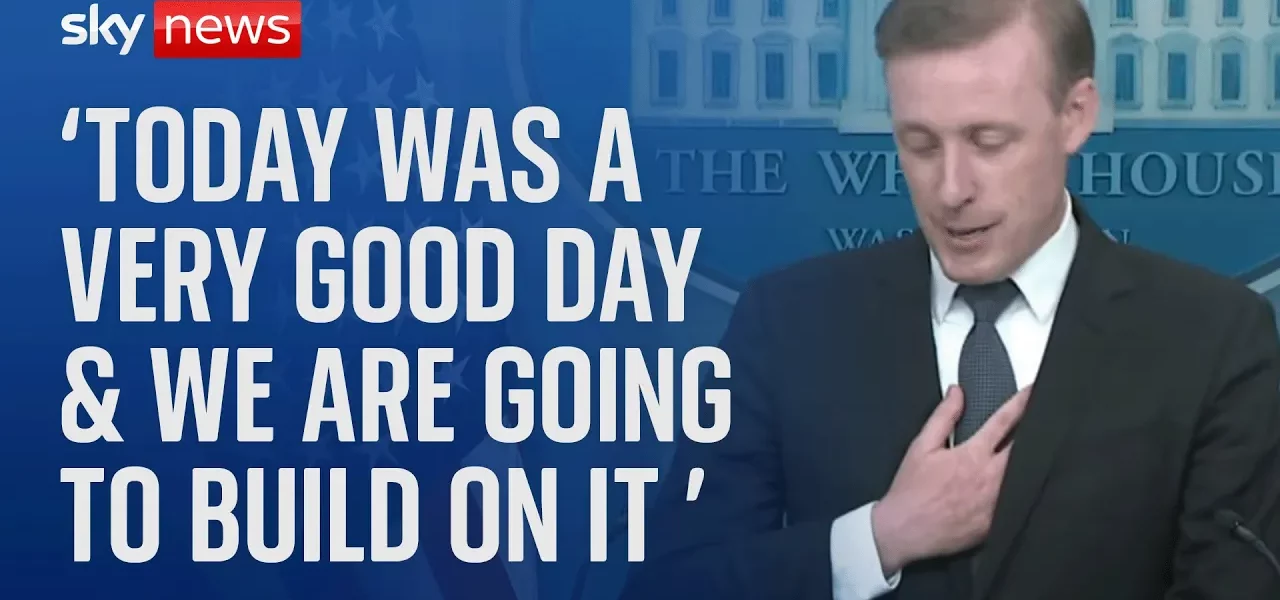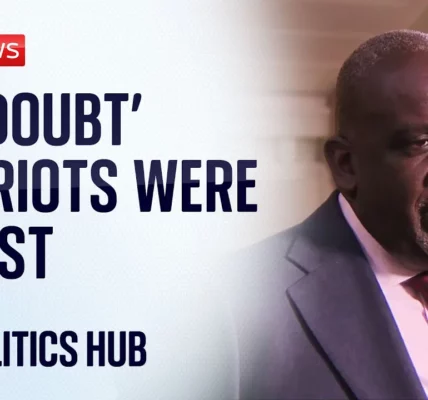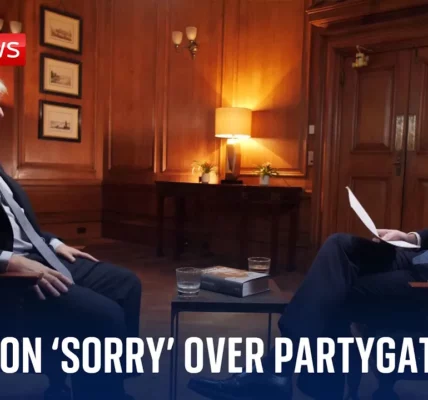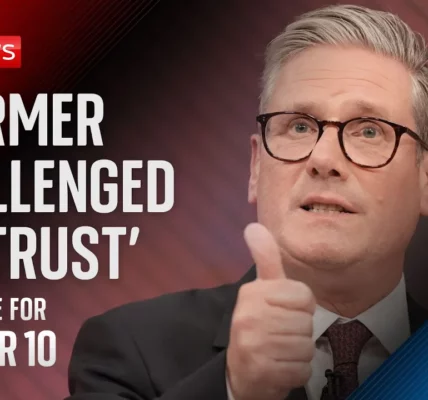Historic Diplomatic Exchange Brings American Citizens Home

In a remarkable display of diplomacy and international cooperation, the Biden administration successfully negotiated the return of three American citizens and one Green Card holder from detention in Russia. This article delves into the details of this complex exchange, the ongoing commitment of the U.S. government to secure the release of wrongfully detained individuals, and the broader implications for international relations.
Introduction
The recent release of Paul Wheen, Evan Gershkovich, Alsu Kera, and Vladimir Kara-Murza marks one of the most significant diplomatic achievements in recent history. This exchange involved meticulous negotiations and collaboration with multiple nations, showcasing the U.S. government’s unwavering commitment to bringing its citizens home from unjust detention. President Biden and his administration have made it clear that they will persist in their efforts to secure the release of every American held hostage or wrongfully detained abroad.
The Complexity of the Exchange
The diplomatic exchange was not a simple one-for-one negotiation; it involved various parties and a complex web of agreements. Here are some key points about the exchange:
- In total, 16 individuals were released, including three American citizens, one Green Card holder, five German citizens, and seven Russian political prisoners.
- The exchange involved individuals held in the U.S., Germany, Norway, Slovenia, and Poland.
- President Biden was personally engaged in the negotiations, holding extensive discussions with international leaders, including Chancellor Olaf Scholz of Germany.
President Biden’s Leadership and Commitment
Since taking office, President Biden has prioritized the return of Americans wrongfully detained overseas. His administration has successfully facilitated the return of over 70 such individuals from various conflict zones. This particular exchange is a testament to Biden’s approach to foreign policy, which emphasizes strong alliances and personal engagement in diplomacy. Key aspects include:
Engagement with International Allies
The administration worked closely with allies to coordinate the release. This collaboration is crucial in demonstrating the strength of international alliances. Notable points include:
- Germany, Norway, Slovenia, and Turkey all played significant roles in the negotiations.
- The efforts involved multiple high-level meetings and discussions to ensure all parties were aligned in their goals.
- The president expressed gratitude to these nations, acknowledging their support in complex negotiations.
Direct Communication with Families
President Biden’s commitment to the families of those detained is evident in his approach. He has maintained regular communication with the families of the detained individuals, offering support and updates throughout the negotiation process. This personal touch reflects a broader commitment to prioritizing the needs of families who endure the hardships of having loved ones wrongfully detained.
Challenges and Considerations in Negotiations
The negotiations were fraught with challenges and required careful consideration of various factors. The administration faced difficult decisions throughout the process, including:
Balancing Risks and Benefits
One of the primary concerns during negotiations was the potential for incentivizing future wrongful detentions. The administration assessed the risks involved in exchanging individuals held for political reasons against the moral imperative to bring home American citizens. Key considerations included:
- The need to maintain a strong stance against unjust detentions while ensuring Americans are returned safely.
- The complexities of negotiating with regimes that may not adhere to international norms regarding the treatment of detainees.
Strategic Timing and Coordination
The timing of the exchange was critical, requiring precise coordination between various nations. The administration had to navigate sensitive diplomatic channels to ensure that all parties were prepared for the exchange to occur simultaneously. This collaborative effort highlights the intricate nature of international diplomacy.
Conclusion
The successful return of Paul Wheen, Evan Gershkovich, Alsu Kera, and Vladimir Kara-Murza exemplifies the power of diplomacy and the importance of international alliances in securing the release of wrongfully detained individuals. The Biden administration’s commitment to this cause reflects a broader commitment to human rights and the safety of American citizens abroad. As the administration continues its work to bring home others still held captive, including Mark Fogle, it remains focused on ensuring that no American is left behind. This moment serves as a reminder of the ongoing efforts required to navigate the complexities of international relations and uphold the values that define the United States. We encourage readers to stay informed and engaged with these critical issues as they unfold.
“`




